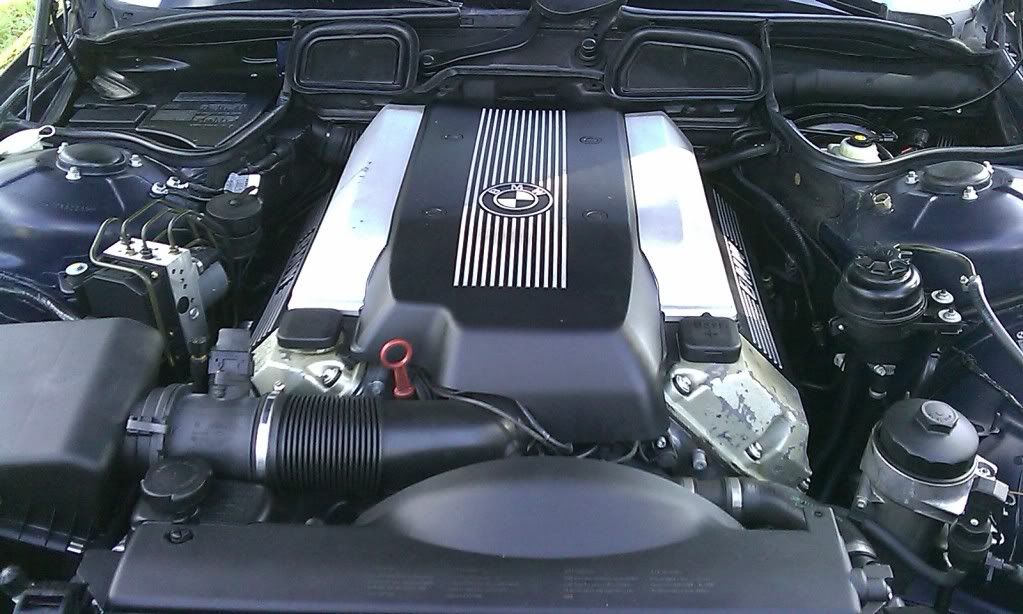First off, the clunking. The intermediate shaft will fix it. Its the most common complaint on the Silverados as far as the noise your talking about. If it is, in fact, related to take-off, like someone else mentioned, grease the slip-joint on the driveshaft.
Second, bring your ecoboost to my shop, I'll fix it for ya.

I'm a "self-trained" mechanic at an independent shop. Some mechanics like to swindle people out of money, and some just enjoy what they do enough to keep up with the times and technology. You have to find someone that meets the latter.
As far as the newer vehicles. Most people in this thread have nailed it. The newer vehicles are
required by the government to achieve a certain economy rating or be below a certain emissions threshold. They achieve this with both size/weight of the vehicle itself (smaller engine compartment) and larger amounts of technology running the engine (more gadgets, computers, etc). Its not just the auto makers to blame. Not saying they don't have something to do with it, but they are reacting to a certain degree. It would have been cheaper in the beginning for them to have stuck with the old steel chassis'ed, carbureted gas hogs of yester-year. Think of all of the money that went into engineering and retooling the plants to create the new bodies and engines to meet these standards...
And saying that the manufacturers do this on purpose, thats right and wrong. They don't just want to say "ha ha, you can't work on this, bring your wallet to us". When you buy a car, you are provided a warranty. They are standing behind their product. If you start messing with what they have created, altering things, why should they have to stand behind it if you've wrenched on it and broken something? False warranty claims account for a very large loss of revenue (I would assume) for auto makers. I just got into this debate on a cell phone modification forum the other day as well. People complaining about "we bought the phone, why can't we modify it". Yet people also complain all the time "my phone won't turn on anymore, how can I erase my tracks so I can take it back to verizon and get a new one". See what I mean?
So I think the manufacturers did a pretty decent job all-in-all. They did their best to make a product that can't be modified and worked on too much, but normally will last at least as long as its warranty period before needing much work, if any at all. Nobody is perfect though, I agree there are some things that they missed on. Some designs are far from perfect...
To the OP, I understand your frustration. Your not alone. The majority of late model vehicles (smaller, non-truck models at least) require intake or other major components to be removed. One reason for this is: The farther the air can travel inside the plenum, the better the vortex is created to atomize the fuel when it hits the combustion chamber, hence the large chambers on top of the motor. Ford and other various models took this a step farther and created a system that allows shorter chambers for certain engine loads, and butterfly valves that would open and divert air through longer passageways for other load demands, giving multiple options for optimum power and torque. Therefore increasing engine efficiency, satisfying the government stipulations. BUT, also increasing the demand for computer space, wiring, relays, actuators, etc, to run the entire system. See where things start multiplying?
It seems they are out to get you, and sometimes they kinda are I'm sure. But there are more reasons behind it than what allot of people realize. Food for thought.

